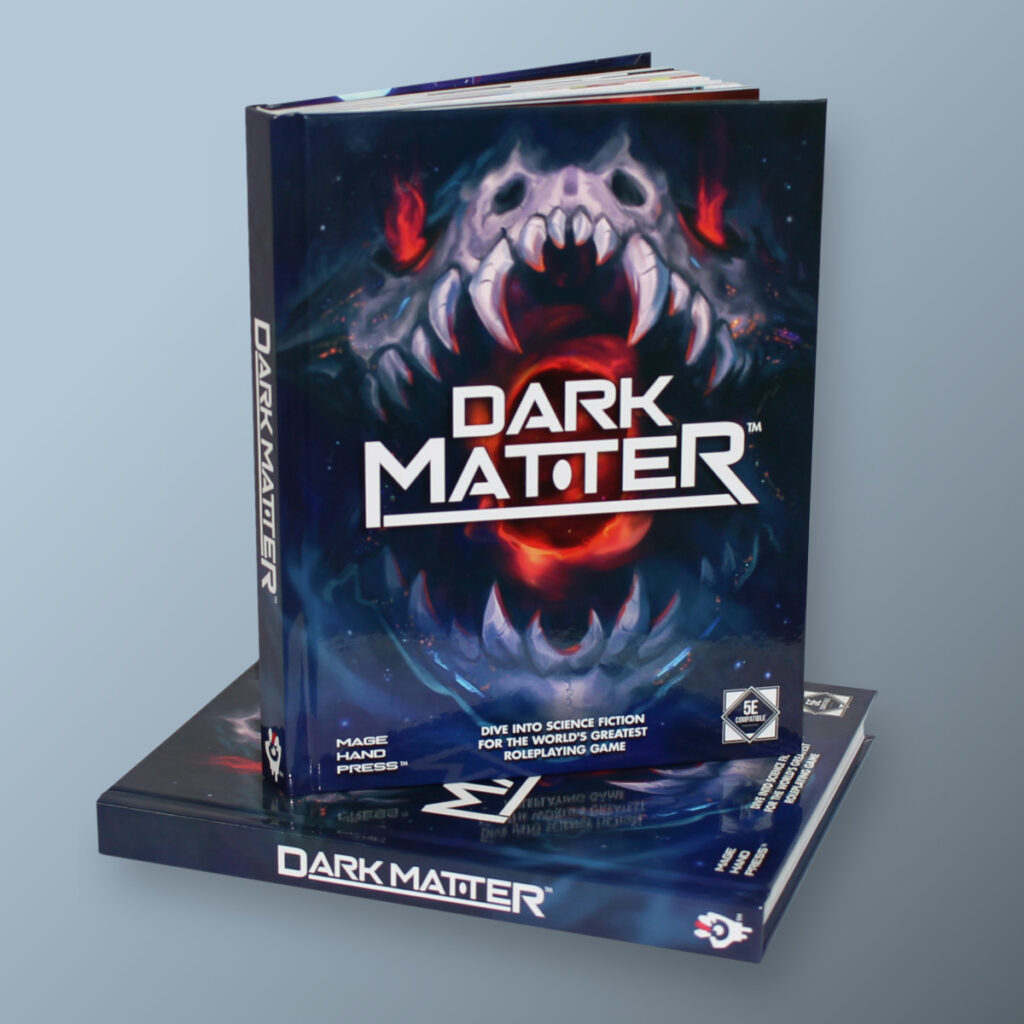Sacred Oath
Comments from the Finger: But what if the Gods don’t exist?
Oath of Heresy
You have seen the truth. The great prophets of history are false, and their clerics have been deceived; the gods are not what we thought they were. Your great revelation was a crystallizing moment, fulfilled by your oath. You will spread the truth with your voice to whoever has ears to listen, and where that does not dispel the lies, your sword might dispense its own truth.
Tenets of Heresy
Heretics are forged in fire and live by different creeds, but they universally share the following beliefs.
The gods are a lie. Your revelation has shown you this that the gods as people know them do not exist, and you may never again accept a religion founded upon them.
Their prophets are false. Prophets of false gods, including their clerics, paladins, and priests, shall be shown the truth. If they continue to spread their lies, they shall be put to death and their temples destroyed.
Steal from the gods. You can siphon off the power of the gods, using it to cast your own ‘divine’ magic, weakening the gods in the process.
Reveal the Truth. Your message will never accepted easily, for people hold strongly to their beliefs. You must make them see the truth.
Oath of Heresy Spells
3rd command, hex
5th enthrall, hold person
9th fear, vampiric touch
13th compulsion, dominate beast
17th dominate person, hold monster
Channel Divinity
When you take this oath at 3rd level, you gain the following two Channel Divinity options.
Blaspheme. You speak words of heresy, profound statements which shake the room. Each unfriendly creature within 30 feet must make a Charisma saving throw. On a failed save, the creature us unable to magically regain hit points for 24 hours.
Burn Effigy. You can immolate your foes as an effigy of the gods. Choose a humanoid that you can see within 30 feet. The target must succeed on a Wisdom saving throw or be paralyzed while you maintain concentration on this effect, to a duration of 1 minute, and take 2d6 fire damage. At the end of each of its turns, the target can make another Wisdom saving throw. On a success, the effect ends for the target. On a failure, the creature takes an additional 1d6 fire damage.
Aura of Unbelief
At 7th level, your iconoclasm disempowers the servants of the gods. You and all friendly creatures within 10 feet of you have advantage on saves against divine spells, those cast by clerics, paladins, druids, rangers, and other sources the DM deems appropriate.
At 18th level, the range of this aura increases to 30 feet.
Ur Strike
Beginning at 15th level, you not only steal divine power from the gods, you can leech it from mere mortals as well. Once on each of your turns when you hit a creature with a weapon attack, you can cause the attack to deal an extra 1d6 necrotic damage to the target and you regain hit points equal to the amount of necrotic damage dealt.
Apostate
At 20th level, fully divorced from the will of the gods, you can assume a form empowered by the influence of your blasphemy, a minor apotheosis. You can transform into a figure composed of dark, whirling energy as an action, which lasts for 1 minute. While you are transformed, you gain the following effects:
• You are immune to all divine spells and effects.
• When you make an attack, the creature you target gains no bonus to armor class from its armor.
• Your Ur Strikes are empowered. Your Ur Strike deals 4d6 necrotic damage, and you regain hit points equal to half the amount of necrotic damage dealt.
Note: Nature of the Gods
It is largely up to DM discretion as to the nature of the truth you have learned about the gods. Perhaps, they are merely powerful ascended mortals, or perhaps they do not truly exist at all.



